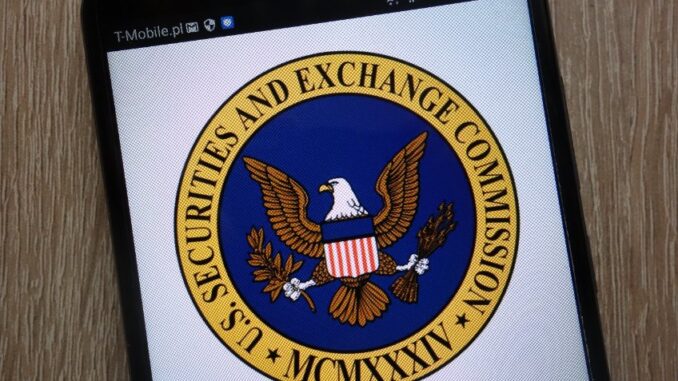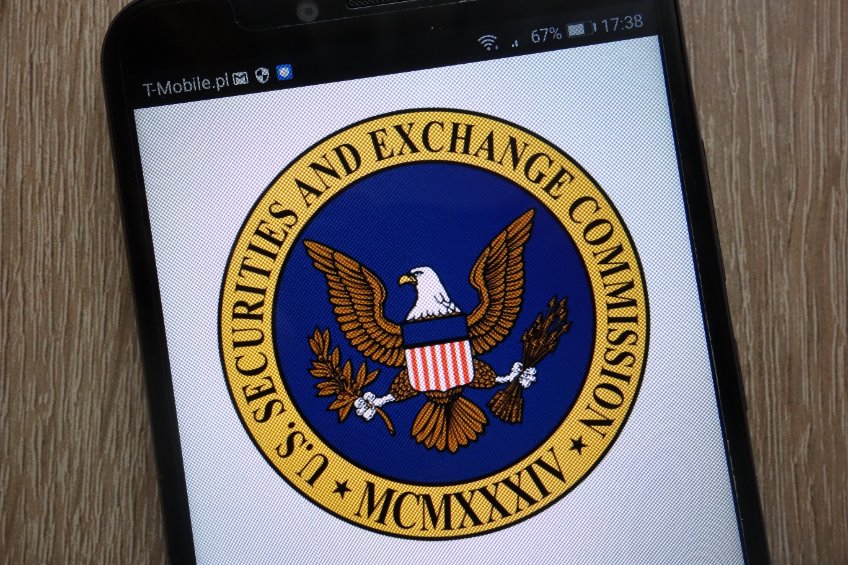
[ad_1]

SEC charged US-based media company Impact Theory with offering and touting investment potential of their Founder’s Key NFTs.
Impact Theory did not deny nor agree to the charges, but accepted a $6.1 million fine.
The US Securities and Exchange Commission (SEC) has charged Los Angeles-based media and entertainment company Impact Theory, LLC for allegedly offering unregistered securities in the form of NFTs.
SEC says Impact Theory violated securities laws
In a press release on Monday, the US securities regulator pointed out that Impact Theory had raised over $30 million in the process, including from investors in the United States.
“Among other things, Impact Theory emphasized that it was “trying to build the next Disney,” and, if successful, it would deliver “tremendous value” to Founder’s Key purchasers,” the SEC said.
As such, it meant the NFTs were sold to investors as investment contracts, which makes them securities. Impact Theory therefore violated federal securities laws. Per the SEC order, the LA-based company has agreed to pay a fine of over $6.1 million as well comply with a cease-and-desist order. The company will also refund affected investors and destroy all the NFTs.
The SEC said: “Impact Theory agreed to destroy all Founder’s Keys in its possession or control, publish notice of the order on its websites and social media channels, and eliminate any royalty that Impact Theory might otherwise receive from future secondary market transactions involving the Founder’s Keys.”
SEC’s action against Impact Theory is a first in the NFTs space, but continues a series of enforcement actions and settlements seen in recent months. These include lawsuits against leading crypto exchanges Binance and Coinbase.
However, the regulator suffered a significant blow in July when US Judge Analisa Torres delivered a ruling that stated the cryptocurrency XRP is not a security. The SEC recently filed a motion seeking an interlocutory appeal, a step many legal experts and industry leaders say will see the agency embarrassed once again.
[ad_2]
Source link




